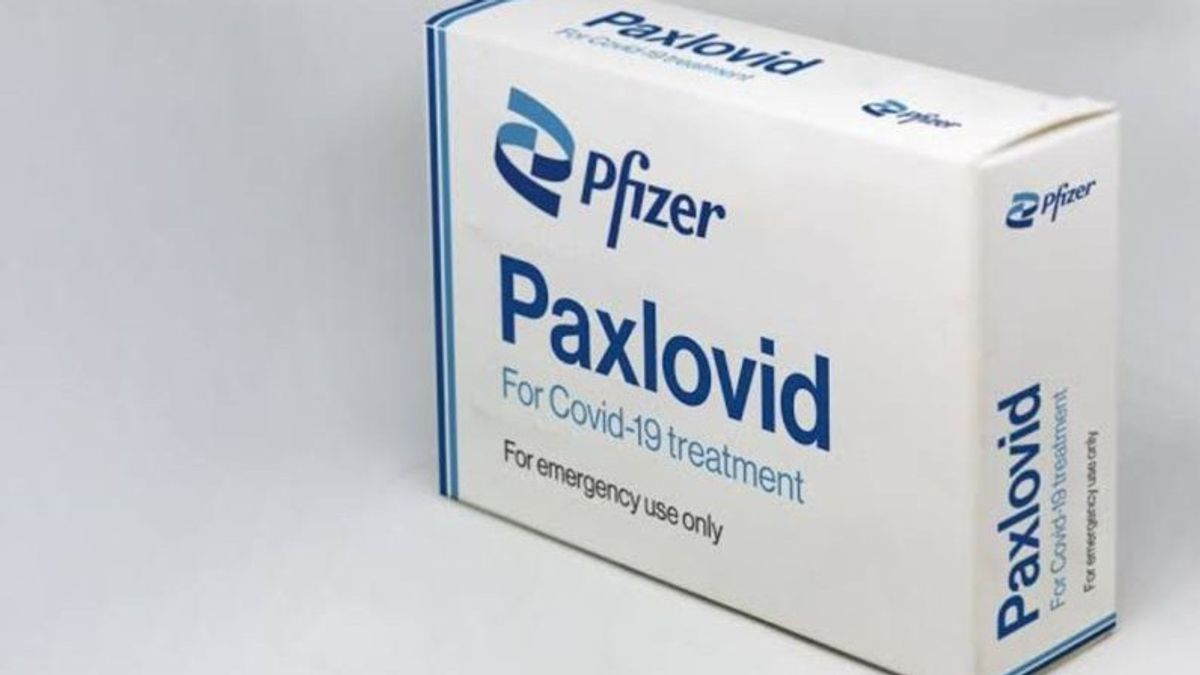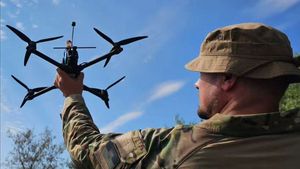JAKARTA - Pfizer Inc said it had agreed to sell up to four million dose packets of the COVID-19 antiviral drug Paxlovid to UNICEF for use in 95 low-income countries.
The deal accounts for more than three percent of Pfizer's forecast to produce 120 million dose packs for this year.
The company said the 95 countries covered by the UNICEF deal account for as much as 53 percent of the world's population.
Pfizer Chief Executive Albert Bourla said in a statement that the deal with the United Nations Children's Fund is an important part of the company's strategy for all to have equal access to the pill "regardless of where they live." or their environment”.
The drugmaker did not disclose the financial terms of the deal, but said low- and lower-middle-income countries would be offered the drug at unfavorable prices, while upper-middle-income countries would pay more.
Pfizer hopes to fulfill Paxlovid's orders for those countries in April and says supply will continue throughout the year.
Paxlovid is expected to become an important tool in the fight against COVID-19 after the drug lowers hospitalizations in high-risk patients by about 90 percent in clinical trials.
The results were significantly better than the rival antiviral pill, Merck & Co's molnupiravir, in a clinical trial.
Paxlovid is a two-drug treatment that pairs a new compound, nirmatrelvir, with an older antiviral, ritonavir. Both are pills that are meant to be taken for five days shortly after the onset of COVID-19 symptoms.
Pfizer has reached an agreement with the United Nations-backed Medicines Patent Pool (MPP) to allow more than 30 generic drugmakers to produce cheaper versions of the drug for sale in 95 countries, but none are expected to be available before early 2023.
Last month, Pfizer said it projected Paxlovid's sales to reach at least $22 billion by 2022.
Bourla said actual sales could be much higher through the end of the year. He added that the projections under the contract are only a small part of the company's total Paxlovid production forecast.
Pfizer has reached an agreement to sell the pills to a number of countries, including 20 dose packages to the United States this year.
Beyond the UNICEF deal, a Pfizer spokesman said the company was also in talks with the World Health Organization and the Access to COVID-19 Tools Accelerator (ACT-A), the government's and non-governmental organization's (NGO) efforts to provide tests, treatments, and vaccines for people with disabilities. low-income countries.
"We will share further details on supply deals with these entities to the best of our ability," said Pfizer spokesman Kit Longley.
"We are in ongoing talks with private partners and international organizations to provide Paxlovid to low-income countries," he said.
Merck—both on its own and through an agreement with MPP—has deals with dozens of drug manufacturers to manufacture its pills. Generic versions of molnupiravir are available in some countries.
The English, Chinese, Japanese, Arabic, and French versions are automatically generated by the AI. So there may still be inaccuracies in translating, please always see Indonesian as our main language. (system supported by DigitalSiber.id)













